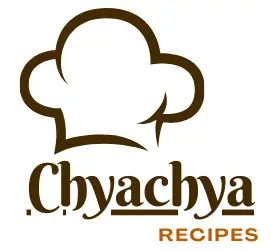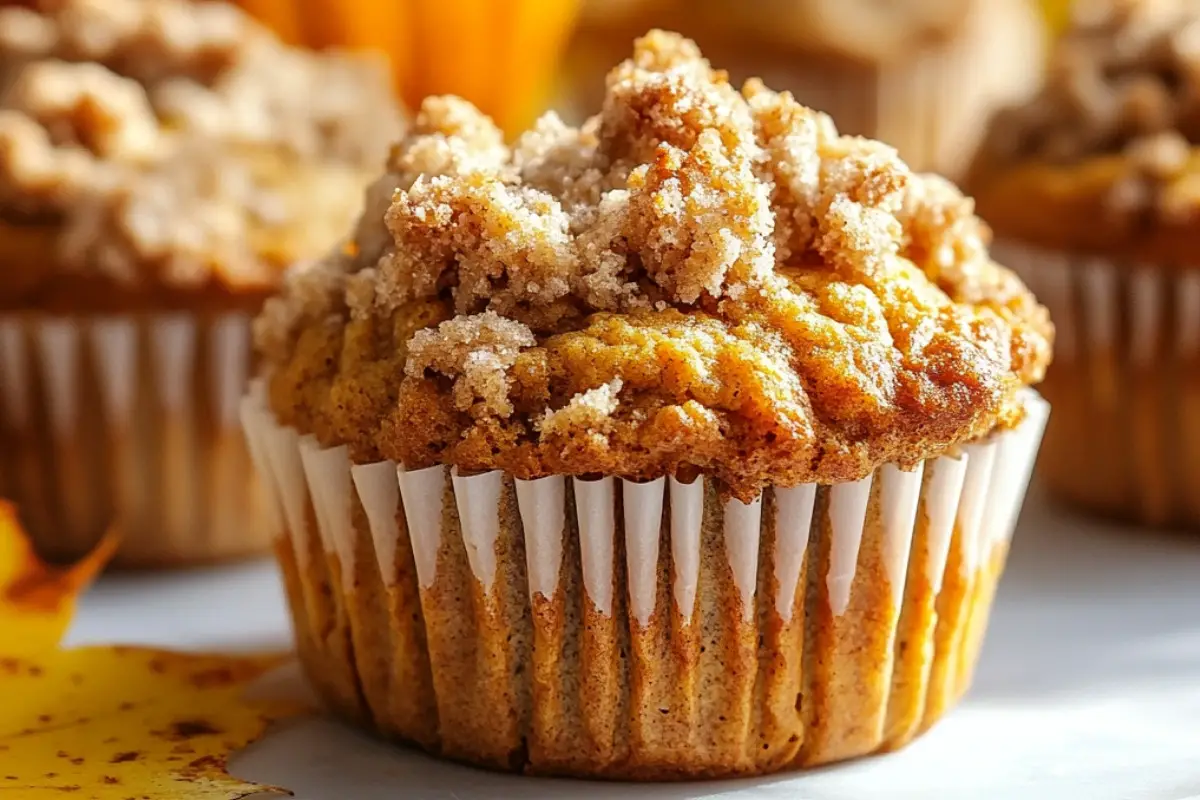Introduction
Cooking can be an enjoyable and rewarding experience. Whether you are a novice in the kitchen or a seasoned chef, having a clear recipe to follow can make all the difference. In this article, we will explore a delightful recipe that is simple yet delectable, perfect for any occasion.
Detailed Ingredients with measures
- 1 cup of all-purpose flour
- 1/2 cup of sugar
- 1/2 cup of unsalted butter, softened
- 2 large eggs
- 1 teaspoon of vanilla extract
- 1 teaspoon of baking powder
- 1/4 teaspoon of salt
- 1/2 cup of milk
Preparation Time
- Prep Time: 15 minutes
- Cook Time: 30 minutes
- Total Time: 45 minutes
- Yield: 8 servings
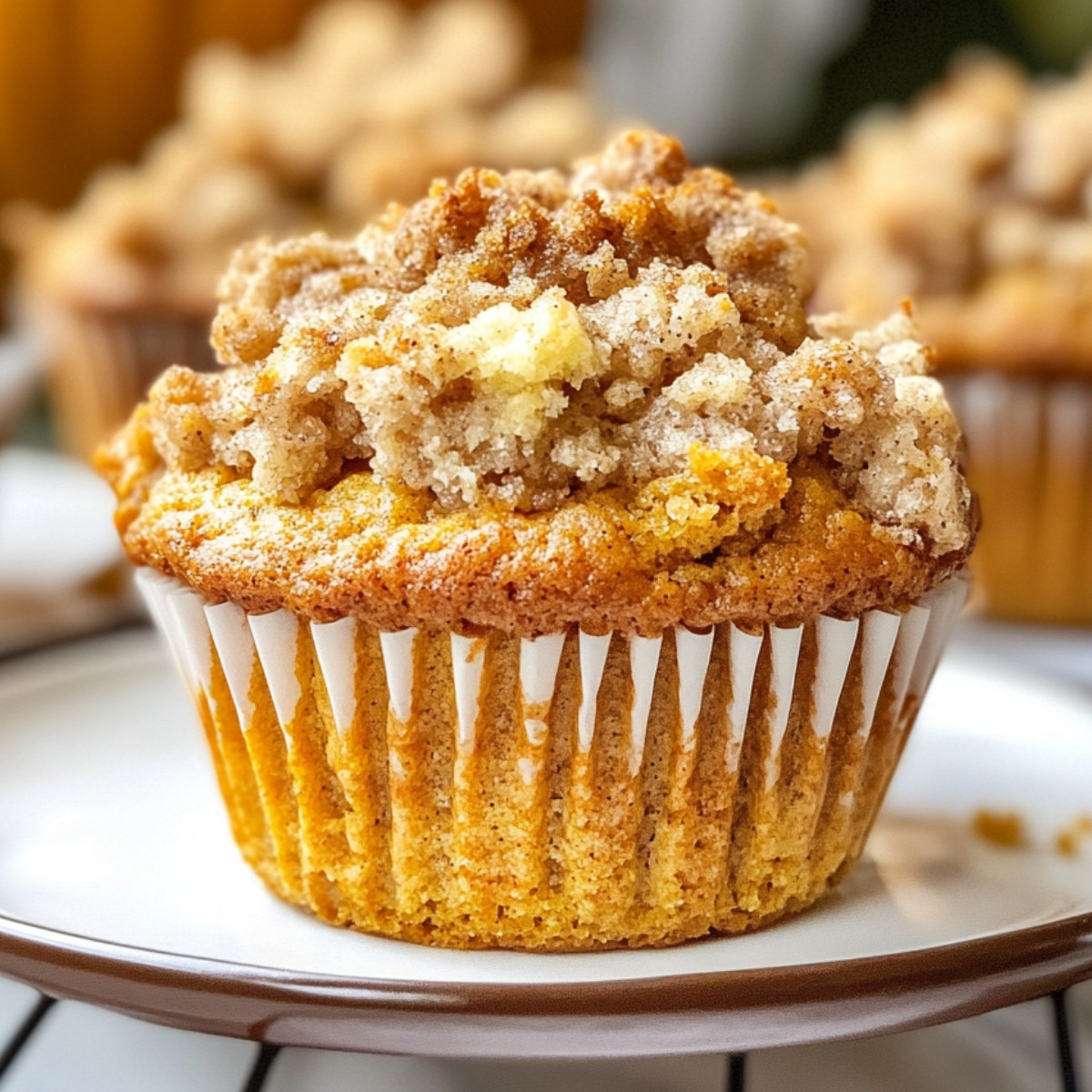
Detailed Directions and Instructions
Step 1: Prepare Your Work Area
Ensure that your kitchen is clean and organized. Gather all necessary tools and ingredients before you begin.
Step 2: Preheat the Oven
Set your oven to the required temperature, usually around 350°F (175°C), and allow it to preheat while you prepare your mixture.
Step 3: Mix Dry Ingredients
In a large bowl, combine all the dry ingredients. This typically includes flour, sugar, baking powder, and any spices, ensuring they are well mixed.
Step 4: Combine Wet Ingredients
In another bowl, whisk together the wet ingredients such as eggs, milk, and melted butter until smooth.
Step 5: Combine Mixtures
Gradually add the wet mixture into the dry ingredients, stirring gently until just combined. Avoid overmixing to ensure a tender result.
Step 6: Transfer to Baking Dish
Grease your baking dish and pour the mixture evenly into it. Use a spatula to smooth the top.
Step 7: Bake
Place the baking dish in the preheated oven and bake for the recommended time. Keep an eye on it to avoid overbaking.
Step 8: Check Doneness
Insert a toothpick in the center; if it comes out clean or with a few crumbs, the dish is ready to be removed from the oven.
Step 9: Cool
Let the dish cool in the pan for a few minutes before transferring it to a wire rack to cool completely.
Step 10: Serve
Once cooled, slice and serve as desired. Enjoy your deliciously prepared dish!
Notes
Note 1: Ingredient Substitutions
You can often substitute ingredients, like using almond milk instead of regular milk or coconut oil in place of butter.
Note 2: Baking Time Variation
Baking times may vary depending on your oven and the size of your baking dish; always keep an eye on it as it bakes.
Note 3: Storage Instructions
Store leftovers in an airtight container at room temperature or refrigerate for a longer shelf life.
Note 4: Flavor Enhancements
Add nuts, chocolate chips, or dried fruits to enhance the flavor and texture of your dish.
Note 5: Serving Suggestions
Pair with a scoop of ice cream or whipped cream for an extra indulgent treat.
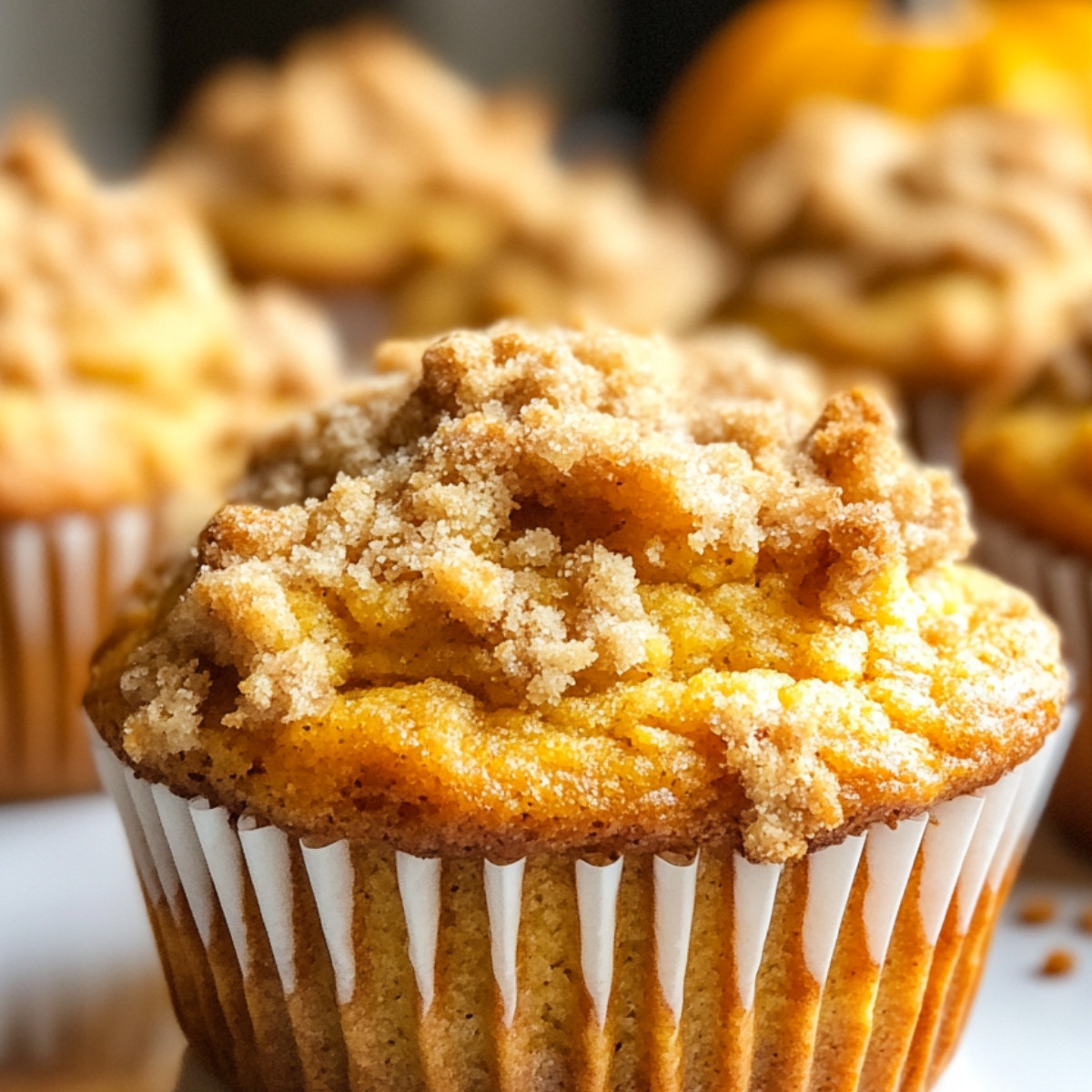
Cook techniques
Roasting
Roasting involves cooking food evenly in an oven using dry heat, which creates a crisp exterior and tender interior. It is ideal for meats and vegetables.
Grilling
Grilling is a cooking method that uses direct heat from below. It is often used for meats and vegetables, imparting a smoky flavor.
Sautéing
Sautéing involves cooking food quickly in a small amount of oil or fat over high heat, allowing for browning while preserving moisture.
Steaming
Steaming cooks food by surrounding it with steam from boiling water. This technique is great for retaining nutrients and moisture in vegetables.
Baking
Baking uses dry heat in an oven to cook food, often associated with bread and pastries but can also be used for casseroles and certain meats.
FAQ
What is the difference between sautéing and frying?
Sautéing uses less oil and higher heat compared to frying, which immerses food in oil for cooking.
How can I tell if my meat is properly roasted?
Using a meat thermometer is the best way to ensure proper roasting; check that it reaches the recommended internal temperature.
What are the benefits of steaming vegetables?
Steaming helps retain vitamins and minerals, and it also keeps the vegetables crisp and colorful.
Can I use a grill indoors?
Only electric grills are recommended for indoor use; traditional charcoal or gas grills should be used outdoor for safety reasons.
Conclusion
Understanding various cooking techniques can enhance your culinary skills and improve the taste and presentation of your dishes.
More recipes suggestions and combination
Grilled Vegetable Skewers
Roasted Herb Chicken
Sautéed Garlic Spinach
Baked Lemon Salmon
Steamed Asparagus with Hollandaise
Moist Pumpkin Bread with Cream Cheese Frosting
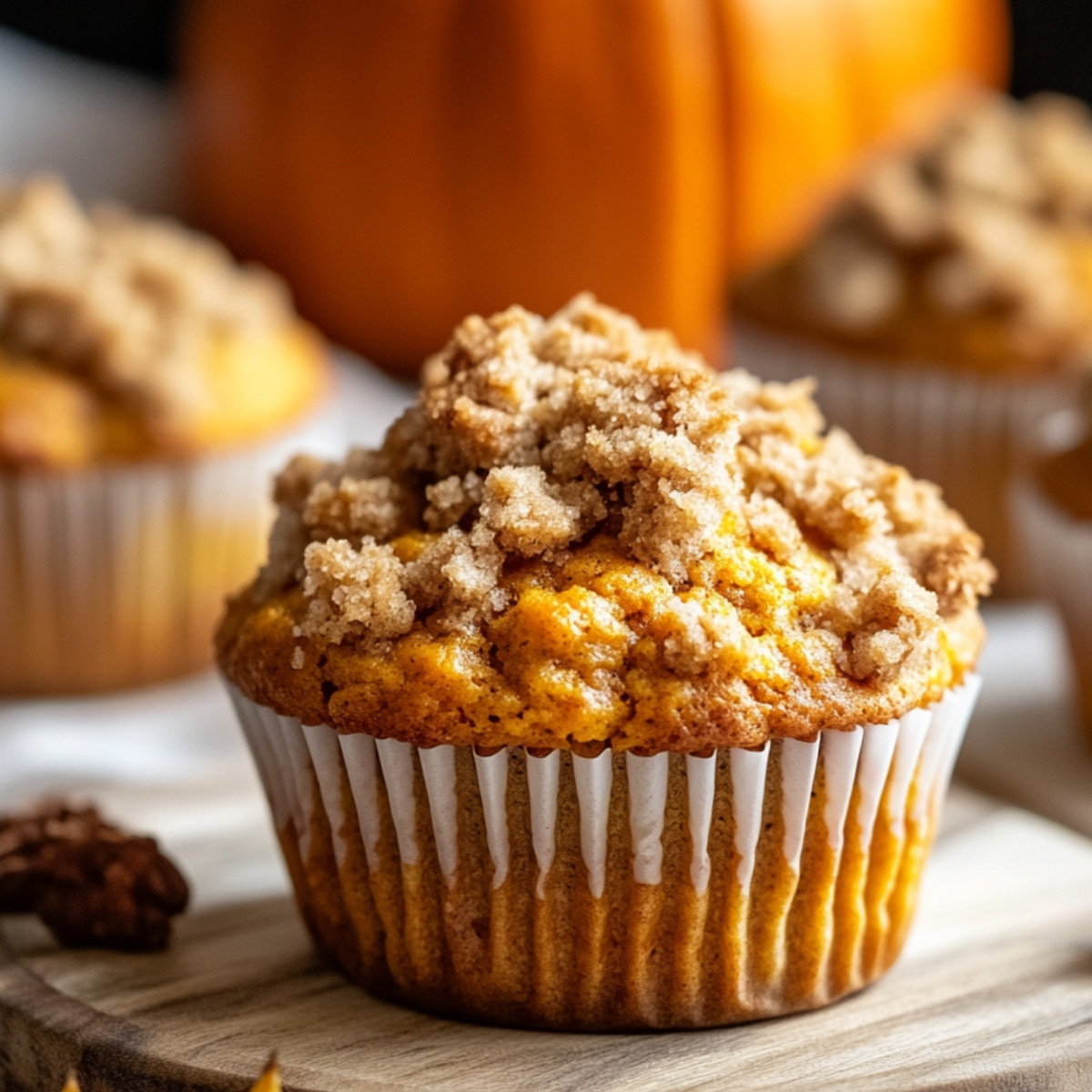

Heavenly Pumpkin Streusel Muffins
- Total Time: 45 minutes
- Yield: 8 servings 1x
Description
Cooking can be an enjoyable and rewarding experience. Whether you are a novice in the kitchen or a seasoned chef, having a clear recipe to follow can make all the difference. In this article, we will explore a delightful recipe that is simple yet delectable, perfect for any occasion.
Ingredients
- 1 cup of all-purpose flour
- 1/2 cup of sugar
- 1/2 cup of unsalted butter, softened
- 2 large eggs
- 1 teaspoon of vanilla extract
- 1 teaspoon of baking powder
- 1/4 teaspoon of salt
- 1/2 cup of milk
Instructions
Step 1: Prepare Your Work Area
Ensure that your kitchen is clean and organized. Gather all necessary tools and ingredients before you begin.
Step 2: Preheat the Oven
Set your oven to the required temperature, usually around 350°F (175°C), and allow it to preheat while you prepare your mixture.
Step 3: Mix Dry Ingredients
In a large bowl, combine all the dry ingredients. This typically includes flour, sugar, baking powder, and any spices, ensuring they are well mixed.
Step 4: Combine Wet Ingredients
In another bowl, whisk together the wet ingredients such as eggs, milk, and melted butter until smooth.
Step 5: Combine Mixtures
Gradually add the wet mixture into the dry ingredients, stirring gently until just combined. Avoid overmixing to ensure a tender result.
Step 6: Transfer to Baking Dish
Grease your baking dish and pour the mixture evenly into it. Use a spatula to smooth the top.
Step 7: Bake
Place the baking dish in the preheated oven and bake for the recommended time. Keep an eye on it to avoid overbaking.
Step 8: Check Doneness
Insert a toothpick in the center; if it comes out clean or with a few crumbs, the dish is ready to be removed from the oven.
Step 9: Cool
Let the dish cool in the pan for a few minutes before transferring it to a wire rack to cool completely.
Step 10: Serve
Once cooled, slice and serve as desired. Enjoy your deliciously prepared dish!
Notes
Note 1: Ingredient Substitutions
You can often substitute ingredients, like using almond milk instead of regular milk or coconut oil in place of butter.
Note 2: Baking Time Variation
Baking times may vary depending on your oven and the size of your baking dish; always keep an eye on it as it bakes.
Note 3: Storage Instructions
Store leftovers in an airtight container at room temperature or refrigerate for a longer shelf life.
Note 4: Flavor Enhancements
Add nuts, chocolate chips, or dried fruits to enhance the flavor and texture of your dish.
Note 5: Serving Suggestions
Pair with a scoop of ice cream or whipped cream for an extra indulgent treat.
- Prep Time: 15 minutes
- Cook Time: 30 minutes
